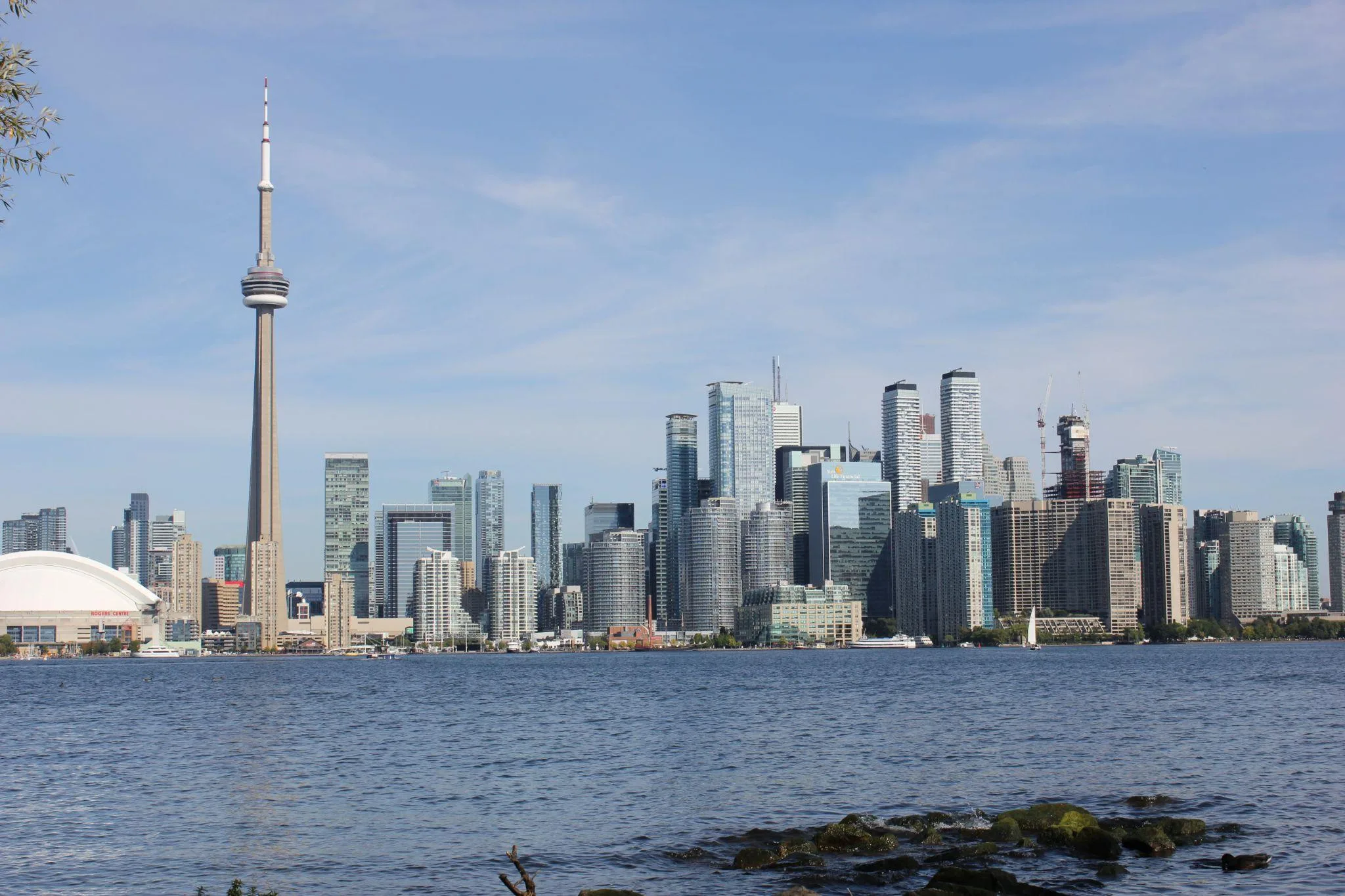You are probably wondering what your chances of moving to Canada are as an international student, right? Worry no more. Tap into the Canadian Student Visa to PR opportunity.
Canada is known for its welcoming attitude toward international students. It is a popular choice for those seeking a higher education program overseas. International students who graduate from Canadian universities and colleges can apply for a post-graduation work permit. This permit allows them to work in Canada for up to three years after graduation.
For many international graduates, Canada has become their second home. They have made friends, built a network, and gained valuable work experience. They want to continue living and working in Canada. Fortunately, there are pathways for international graduates to become permanent residents of Canada.
Converting a student visa to permanent residency can be a complex process. Several programs and streams are available, each with its requirements. However, with the correct information and guidance, international graduates can navigate the process and make Canada their permanent home.
This article will give a general summary of the avenues accessible to foreign graduates and the procedures they must follow to become citizens of Canada.
Understanding the Canadian Student Visa to PR

Overview of the Canadian Immigration System
Canada has a well-established immigration system that allows international students to apply for permanent residency after completing their studies. The Canadian government has set up several programs to facilitate the transition from a student visa to permanent residence. The Express Entry system is one of the most popular immigration programs in Canada.
It is designed for skilled workers who want to immigrate to Canada permanently. The system is based on a point system, where candidates are assessed based on factors such as their age, education, language proficiency, and work experience.
Types of Canadian Visas and Permits
International students can apply for several types of visas and permits in Canada. Here are some of the most common ones:
#1. Study Permit: This authorization enables international students to attend a specific educational institution in Canada and pursue their studies there. The passport is valid for the length of the academic program.
#2. Post-Graduation Work Permit: This permit allows international graduates to work in Canada after completing their studies. The passport is valid for up to three years, depending on the length of the program of study.
#3. Permanent Residency: International students can apply for permanent residency through programs like the Canadian Experience Class and the Federal Skilled Worker Program.
It is important to note that each program has its eligibility requirements and application process. International students should research each program carefully before applying. The Canadian immigration system offers several opportunities for international students to make Canada their permanent home.
By understanding the different programs available and their eligibility requirements, international graduates can take the first step toward achieving their goal of permanent residency in Canada.
Requirements for International Graduates

Eligibility for Permanent Residency
International graduates who wish to become permanent residents of Canada must meet specific eligibility requirements. One of the main requirements is completing an eligible Canadian post-secondary program within the last four years.
The program must have been at least eight months long and must have been completed at a designated learning institution.
Language Proficiency
International graduates must also demonstrate proficiency in English or French, Canada’s official language. They can do this by taking a language test approved by Immigration, Refugees, and Citizenship Canada (IRCC).
The minimum language proficiency score required depends on the immigration program the graduate is applying under.
Work Experience in Canada
International graduates must have gained work experience in Canada to be eligible for permanent residency. They can achieve this experience through the Post-Graduation Work Permit Program, which allows them to work in Canada for up to three years after graduation.
Alternatively, they can gain work experience through other temporary programs such as the Temporary Foreign Worker Program. To be eligible for permanent residency as an international graduate, the work experience must be in a skilled occupation and have been gained within the last three years.
The work experience must also be full-time, which means at least 30 hours per week. Overall, the eligibility requirements for international graduates seeking permanent residency in Canada are designed to ensure that they have the necessary skills and experience to contribute to the Canadian economy and society.
By meeting these requirements, international graduates can make Canada their permanent home and enjoy all the benefits of living in this diverse and welcoming country.
Applying for Permanent Residency

International graduates in Canada have several options to apply for permanent residency. The most popular pathway is through the Express Entry System, a points-based system that assesses candidates based on their qualifications, work experience, language proficiency, and other factors.
Express Entry System
International graduates frequently use the Express Entry System to submit their applications for permanent residency. To be eligible, candidates must meet the minimum requirements for one of the three programs: Federal Skilled Worker Program, Federal Skilled Trades Program, or Canadian Experience Class.
Once the candidate meets the eligibility criteria, they must create an online profile and enter the Express Entry pool. The candidate is then assigned a Comprehensive Ranking System (CRS) score based on age, education, work experience, language proficiency, and other factors.
The top-scoring applicants are invited to apply for permanent residency by routine draws.
The Express Entry System is a competitive process. Candidates must ensure they meet all the eligibility criteria and score high on the CRS to be invited to apply for permanent residency.
Provincial Nominee Programs
Another well-liked method for international graduates to petition for permanent residence is through provincial nominee programs (PNPs). PNPs are created to cater to the unique requirements of each Canadian province and territory. They are intended to draw qualified workers and business owners who can boost the local economy.
Candidates must meet the eligibility requirements for the program they are applying for under each province and territory’s PNP. The eligibility criteria vary depending on the region or environment and may include education, work experience, language proficiency, and other factors.
PNPs have different streams for international graduates; candidates must ensure they meet the eligibility criteria for the stream they are applying for. Once a province or territory nominates the candidate, they can apply for permanent residency through the Express Entry System or the regular process.
Family Sponsorship
Family sponsorship is a pathway for international graduates to apply for permanent residence if they have a spouse, common-law partner, or parent who is a Canadian citizen or permanent resident. The sponsor must meet the eligibility criteria and agree to sponsor the candidate for permanent residency.
The eligibility criteria for family sponsorship may vary depending on the relationship between the sponsor and the candidate. For example, a spouse or common-law partner may have different eligibility criteria than a parent.
Once the sponsor meets the eligibility criteria, they can apply to sponsor the candidate for permanent residency. The candidate must also meet the eligibility criteria for permanent residence, and the application process may take several months to complete.
Tips for a Successful Application

Gathering Required Documents
One of the most important aspects of a successful PR application is ensuring that all required documents are gathered and submitted on time. It includes academic transcripts, language test results, work experience letters, and other supporting documents. International graduates should start collecting these documents early in their studies to ensure they have everything they need when applying for PR.
It’s also essential to ensure that all documents are translated into English or French, if necessary, and that they meet the specific requirements of the immigration program to which the applicant is applying.
Preparing for Language Tests
Language proficiency is crucial in many Canadian immigration programs, including those for international graduates. Applicants may need to verify their language competency through the International English Language Testing System (IELTS) or the Canada English Language Proficiency Index Program (CELPIP).
International graduates should prepare for these tests well in advance by taking practice tests, brushing up on grammar and vocabulary, and seeking language instruction, if necessary. Achieving a high score on these tests is essential to maximize the chances of a successful PR application.
Networking and Building Connections
Networking and building connections can also be essential to a successful PR application.
International graduates should consider attending career fairs and networking events, joining professional associations, and seeking out mentors in their fields.
Building connections with employers can also be beneficial, as many immigration programs require applicants to have a job offer or work experience in Canada. International graduates can explore internships, co-op placements, or part-time work opportunities while still in school to gain valuable work experience and connect with potential employers.
Conclusion
International graduates have several pathways to becoming permanent residents in Canada. They can apply through the Federal Skilled Worker Program, the Canadian Experience Class, or the Provincial Nominee Program.
In addition, the Canadian government recently unveiled a new route to permanent residency for foreign graduates and essential temporary workers.
International graduates need to plan and research their options early on. They should focus on gaining relevant work experience in their field of study and improving their language skills. They should also know the eligibility requirements and application procedures for each pathway.
Once they become permanent residents, international graduates can enjoy the benefits of living and working in Canada. They can access healthcare, education, and social services. After fulfilling the residency requirements, they can also apply for Canadian citizenship.
Overall, Canada values the contributions of international graduates and welcomes them to become permanent residents. With the proper preparation and determination, international graduates can make Canada their home and contribute to its diverse and thriving society.